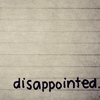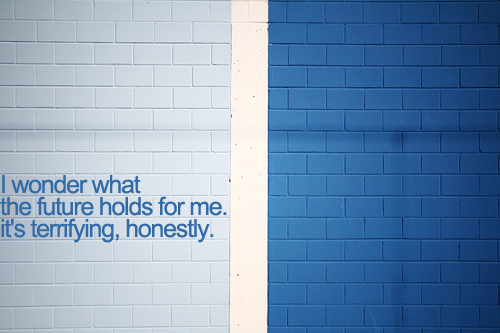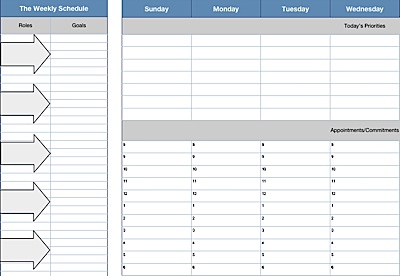Over the summer, I had the excellent opportunity of interviewing a dozen or so applicants for our volunteer program. Sitting on the other side of the desk was a fascinating experience in finding out what an interviewer really sees and thinks. To that end, I’ve decided to put together a few of the most obvious, and yet most frequently unobserved, do’s and don’ts:
1. Arrive 10-15 minutes before your interview.
Being early indicates that you planned ahead and have good time management. While there is nothing wrong with arriving on the dot, it cuts too close to the chase for my comfort, and as for being late… well, let’s just say that an interviewer will notice if you are late.
2. Dress like you mean it.
One of the tips that Co-op taught me was to dress one level above the position you’re applying for. I personally prefer to go by the rule of dressing in business attire no matter what — the worst that can happen is appearing overdressed and ultra-serious about a position, which is no bad thing. Mini-skirts and flip-flops, on the other hand, are not appropriate interview attire, even for volunteer positions.
3. Do your research.
Be able to tell the interviewer what the organisation is about in more detail than what was indicated in the job description. Interviewers want to know if you’re serious about joining the specific organisation or if you’re just looking around for any opening that will take you. The more competitive the program, the more prepared you’d better be.
4. Always have questions.
Most interviewers will give you an opportunity at the end to ask them questions. Don’t say you don’t have any — this just reeks of general, uninterested applicant. I personally didn’t care if an applicant had a list in hand or memorised their questions, but I did mind if they never asked specific questions about the position, expectations, or what the experience will be like.
5. Send a thank you note afterwards.
While I always used to send follow-up emails to thank my interviewer and reaffirm my interest in the position applied for, I am now a converted believer in the power of the handwritten thank you card. One of my interviewees left me a card a few hours after I’d interviewed them, to my pleasant surprise and delight, and further raised my already positive impression of them. In a world where electronic convenience reigns supreme — and where, even then, no one else said thank you or sent any such follow-up — the extra effort goes a long way to contrasting you with your fellow applicants and making a positive, lasting impact.
Do you have any others that you’d like to share?








